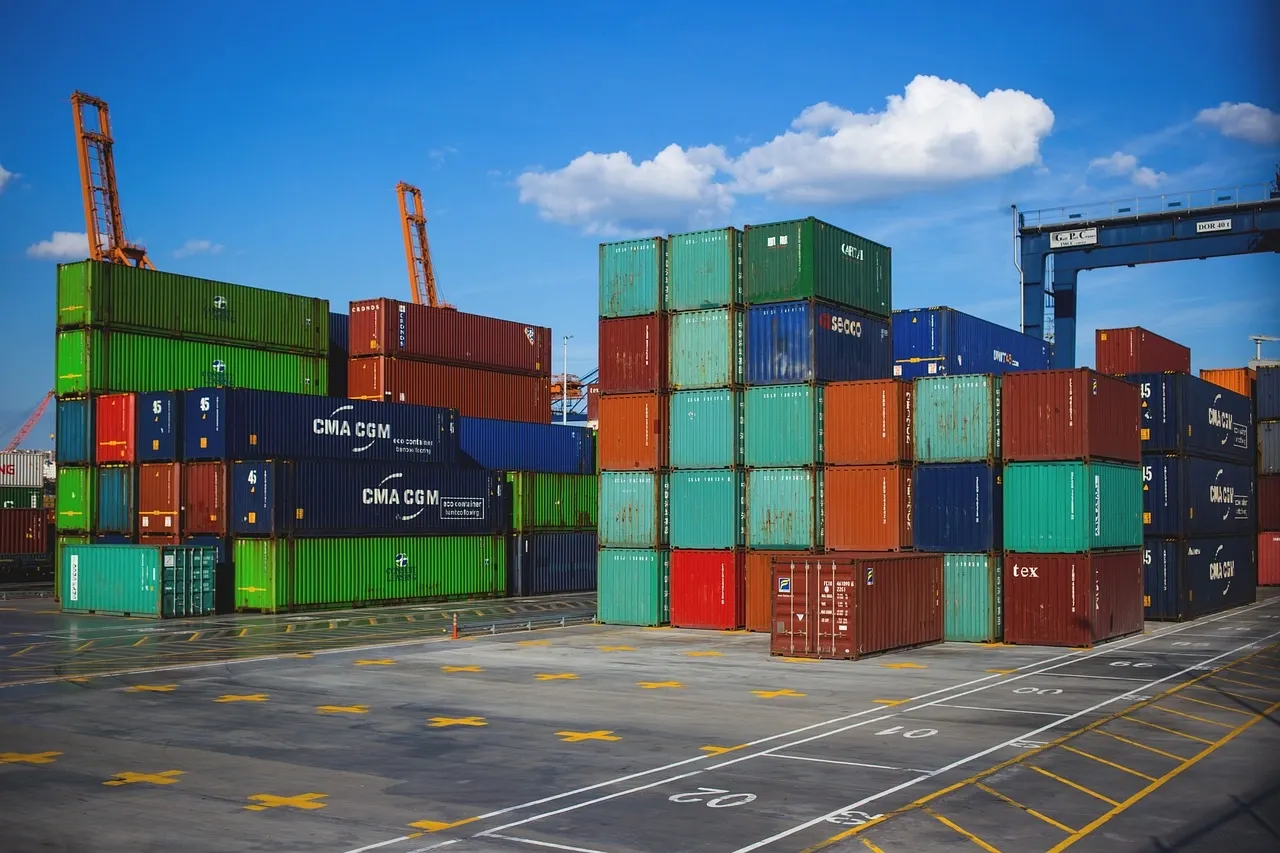Market News
SENSEX, NIFTY50 tank up to 1%: Trump's tariff and other key factors behind fresh sell-off in market
.png)
3 min read | Updated on February 03, 2025, 10:46 IST
SUMMARY
The 25% tariffs on most imports from Canada and Mexico and 10% tariffs on goods from China made investors jittery across the world

The 25% tariffs on most imports from Canada and Mexico and 10% tariffs on goods from China made investors jittery across the world.
Following the Asian peers, the domestic equity market, too, opened with significant losses on Monday, February 3, as investors were cautious amid weak global cues.
The 25% tariffs on most imports from Canada and Mexico and 10% tariffs on goods from China made investors jittery across the world.
Local investors also remained cautious ahead of the Reserve Bank of India’s monetary policy announcement this week.
At 10:14 AM, the S&P BSE SENSEX was trading at 76,842.82, down 653.34 points, or 0.84%, while the NSE's NIFTY50 index was trading at 23,261.75 levels, falling 220.40 points, or 0.94%.
US President Donald Trump on Saturday, February 1 slapped 25% tariffs on most imports from Canada and Mexico and 10% tariffs on goods from China are to take effect February 4, 2025.
This move made the commodity market volatile.
Canada and Mexico ordered retaliatory tariffs on American goods and China said it will challenge the tariffs at the World Trade Organization and take countermeasures.
Asia shares mostly slumped on Monday as worries mounted about the US President Donald Trump imposing tariffs on its key trading partners.
Japan's benchmark Nikkei 225 lost 2.4% in early trading to 38,612.96. Australia's S&P/ASX 200 declined 1.8% to 8,376.30. South Korea's Kospi dropped 2.9% to 2,443.57. Hong Kong's Hang Seng dipped 1.4% to 19,942.54, while the Shanghai Composite also was lower but little changed at 3,250.60.
Finance Minister Nirmala Sitharaman tabled her eighth consecutive Budget in Parliament on Saturday, February 1, making a marginal increase in capital expenditure allocation continuing the government’s focus on infrastructure-driven growth.
This made investors a little cautious during Monday’s opening trade.
In Union Budget 2025, FM Sitharaman allocated ₹11.21 lakh crore for capex in FY 2026, marking a 0.9% increase from the FY25 budgetary outlay. While several sectors received a hike in allocation, the funding for the railway sector remained unchanged.
Shares of state-run railway firms Indian Railway Finance Corporation (IRFC), Rail Vikas Nigam Ltd (RVNL), and RailTel Corporation declined as much as 5% on Monday.
The rupee depreciated 67 paise to hit a record low of 87.29 against the US dollar in early trade on Monday after Trump's Tariffs on Canada Mexico and China triggered fears of a broad trade war. At the interbank foreign exchange, the rupee opened at 87.00 and slipped further to 87.29 against the greenback in initial deals, a plunge of 67 paise from its previous close.
Meanwhile, the dollar index, which gauges the greenback's strength against a basket of six currencies, was trading 1.3% higher at 109.77.
The Euro fell to 1.0224, GBP to 1.2261, and Yen to 155.54. Amongst Asian currencies Yuan slumped to 7.3551, IDR to 16448, and KRW to 1470.
About The Author
Next Story

